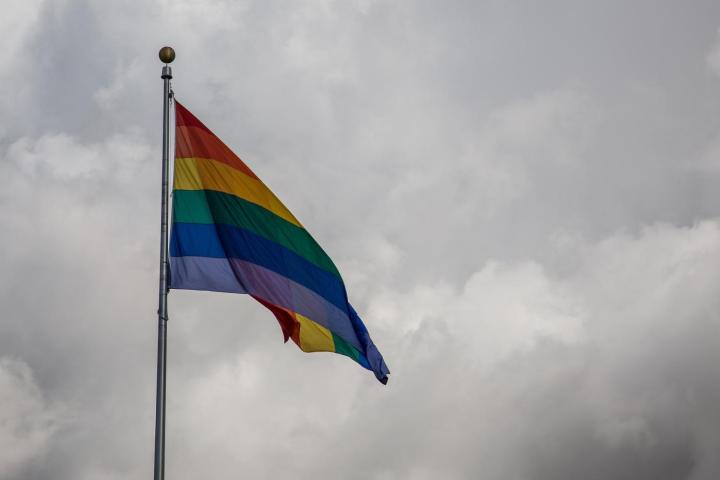
North Carolina’s House Bill 2 has resulted in the most concerted negative feedback. A petition to the governor of North Carolina signed eventually by top executives from 120 companies asked him to repeal the law. HB2 is known as the ‘bathroom bill’ because it restricts multi-use bathrooms to people based on their gender as listed on their birth certificates. That law also takes the power of discrimination laws away from local governments and allows employers and commercial operations to refuse employment or service to people in any protected class if doing so would violate the company’s owner or employees’ religious beliefs.
See also: AT&T faces $100M lawsuit for discrimination and one exec’s racist texts
South Carolina’s newly proposed bathroom legislation, while less encompassing overall, makes it a likely candidate for tech industry criticism.
Social media reaction to the North Carolina bill followed PayPal’s decision to cancel plans for a global operations center in Charlotte, NC. Red Ventures, a sales and marketing company with 2000+ employees in locations in South and North Carolina, posted a letter via Twitter stating that his company was pulling back from adding jobs in a state that tolerates discrimination. Herbalife International, Inc. tweeted, “We are proud to join @equalitync, @HRC and a chorus of business voices opposed to #HB2.”
In March, Georgia was about to get its own discriminatory law prior to public statements by companies including Salesforce and Unilever. On March 20, Unilever Chief Executive Paul Polman tweeted, “Inclusive society critical to business. Many will reconsider investment if @governerdeal passes #hb757.” The Governor subsequently vetoed the bill.
IBM and Microsoft both used Twitter to express their disappointment in Mississippi’s new law that allows people with religious objections to deny services to same-sex couples who want to get married. @IBMpolicy tweeted, “Disappointing that Mississippi Gov @PhilBryantMS signed H.B. 1523. IBM strongly opposes this discriminatory bill.” Brad Smith (@BradSmi), Microsoft’s president and chief legal officer Tweeted, “Very disappointing to see the news from Mississippi. These laws are bad for people, bad for business, and bad for job growth. #HB1523.”
Companies are voicing their dissatisfaction with discrimination to social conservative states in an appeal to economic conservatives who value increased employment and economic growth, and social media networks are increasingly used to express opinion and as a show of economic strength.
Social change is often slow, but the recent anti-gay laws in states are seen as significant backward reactions to Supreme Court support of same-sex marriage. Tech companies are highly visible and their use of social media to send messages about values and economic consequences of discriminatory laws could make a difference.
Updated on April 8 at 8:30 a.m. ET by Bruce Brown: South Carolina has a newly proposed bill restricting bathroom use to gender on birth certificate. We’ve updated the article, which was originally published last evening.


